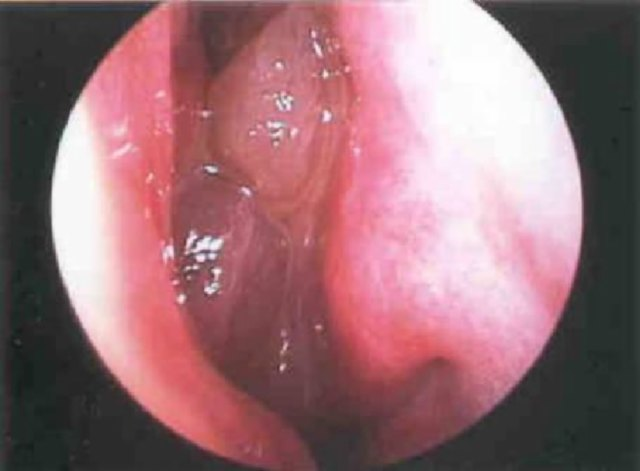Complaints about nasal symptoms are very common. Luckily, most of these are symptoms of normal childhood development.
This summary is intended to give guidance to management of nasal complaints according to age group:
- Neonates and infants
- Pre-school
- School-age
Please see Primary Care Management for first line approaches.
Neonatal rhinitis
- Refer if struggling to feed and failure to thrive
Pre-school
Adenoids
- Refer if signs of significant Obstructive Sleep Apnoea (OSA) or Otitis Media Effusion (OME) with hearing loss and/or recurrent infections (see other RefHelp pages)
School Age
Mostly allergic – medical management (see other RefHelp pages)
- Consider referring to medical team if failure of medical management
Unilateral expanding lesion-refer urgently to ENT.
Neonates
Neonatal rhinitis very common
- reassure – benign, self-limiting
- saline / suction
- rarely topical steroids/decongestants short course
Refer if struggling to feed.
Pre-School (See Ref Help Adenoids)
- Allergy
- Uncommon
- Treat medically if troublesome: Nasal salt water sprays/rinses bilateral bd, oral antihistamine, nasal steroid spray
- Adenoids
Reassure:
- hypertrophy 1.5 – 5 yrs (physiological)
- snoring
- rhinorrhoea
- hyponasal voice
Refer to ENT if chronic (>3 months)
- signs of significant OSA (please see relevant section)
- OME with hearing loss and/or recurrent infections
School Age
- Adenoids usually atrophied
- Allergy common
- Chronic sinusitis rare
- Nasal polyps almost exclusively in children with cystic fibrosis – bilateral
- Refer to medical paediatrics
- Malignancy very rare-unilateral mass suspicious
- If unilateral mass (that is not a polyp or turbinate) refer ENT urgently
Polyps v Turbinates

Polyps are insensate.

Polyps are soft and mobile, turbinates have a bony core, so are not.













